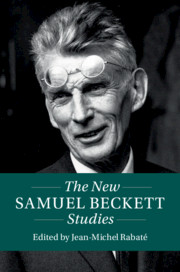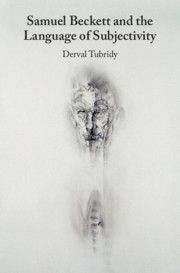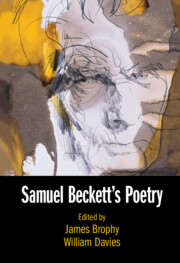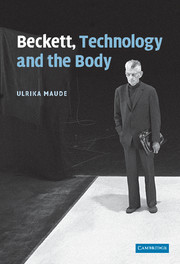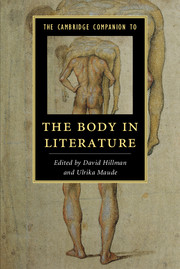Samuel Beckett and Medicine
Samuel Beckett and Medicine offers the first sustained analysis of the author's abiding interest in medicine and medical discourses, advancing insights into the representation of illness, neurodiversity, disability, ageing, and dying in his work. It analyses Beckett's representation of the production of language, offering new ways of understanding the often perplexing formal and stylistic experimentation of his work. The book addresses the many automatic and habitual functions staged in his writing and considers the impact of nerve theory, reflexes, affect, and the viscera on his work. It advances new readings of Beckett's poetry, prose, and television and stage plays, drawing on his reading notes on medicine and psychology, and on his correspondence and critical writings. Through its refusal to aestheticize embodied experience or to yield to the metaphysical consolations of literature, Beckett's work challenges us to confront the intricacies of embodied being and to encounter the question of finitude.
- Enhances the understanding of medicine and medical discourses in Beckett's writing, opening his work up to major new readings
- Presents a nuanced and multifaceted understanding of Beckett's representations of embodiment, involuntary and automatic bodily functions, and the metamorphoses of the body from birth, illness, and ageing to death and decomposition
- Offers the reader new ways of approaching Beckett's formal experimentation and style
Product details
June 2025Hardback
9781108840736
260 pages
228 × 152 mm
Not yet published - available from June 2025
Table of Contents
- Introduction: Beckett's medical imagination
- 1. Poetry, illness and medicine
- 2. Chronic conditions: Keats, Johnson and Beckett
- 3. Convulsive aesthetics: Charcot, Chaplin and Gilles de la Tourette
- 4. Nerve theory, conditioned reflex and literary form
- 5. Writing viscera: Beckett's inhuman domain
- 6. 'Temporarily sane': Beckett and Modernist suicide
- 7. Beckett's affective telepoetics
- Conclusion.


